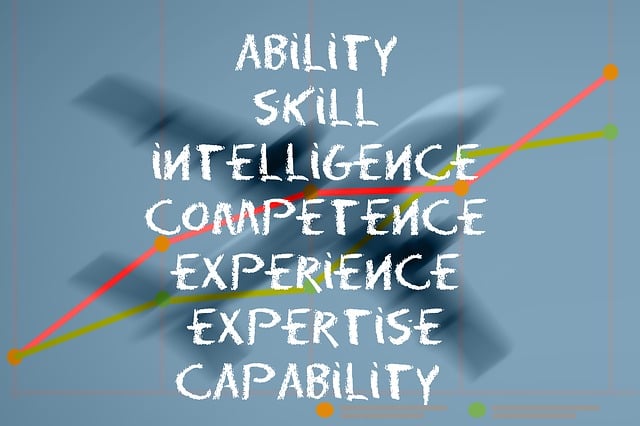
Cognizant is patenting its My Skills approach to staffing projects. Here’s why
There is a lot of talk about skills shortages and re-training prompted by the rise of generative AI and this is an urgent requirement for IT services companies in particular, who are tasked with filling enterprise technology skills gaps. Cognizant has recently unveiled its My Skills program designed to sense what demands are on the horizon and then incubate and scale the emergent skills-based economy it needs to service them.
The firm’s Chief People Officer, Kathy Diaz, is clearly proud of the patent-pending My Skills program, which she has been involved in developing for several years. She says:
Our pre-existing skills framework was not bad, but it was more internally focused, whereas My Skills is far more customer-driven, referencing the skills clusters customers are asking for. It also helps us identify which skills to sunset. Previously once you finished a framework it was already out of date, whereas now, using gen AI, we are able to sense future requirements by drawing on market trends and customer requests. This project is huge for us, it is like putting a new currency in place and having it banked.
The program enables Cognizant to track skills proficiency for each employee across multiple levels and then track adjacencies where skills for that individual may be easier to learn. In fact, many large IT service companies have been attempting to do this for a long time, but with gen AI perceived as an existential threat for many job roles, it is even more important for them to have a state-of-the art skills framework in place.
In a report, New World, New Work that Cognizant has produced with Oxford Economics, it makes the point that no business can guarantee that layoffs will not occur, but also goes on to say that:
All organizations have it in their power to roll out a new generation of re-skilling programs at a level never seen before.”
It goes further, arguing:
The more robust the re-skilling program is, the more it will become a marker of competitive advantage and brand reputation, which will serve to attract and retain key talent. Re-skilling could ultimately be so important to a business’s standing that it becomes an area of shareholder scrutiny, with investments and outcomes highlighted in the company’s public reporting.
Better understanding of the workforce
According to Diaz, the magic of My Skills is in the way it is used. With the framework in place, managers can put in client demands and then create skills clusters with associated cost and pricing, which helps to more efficiently price projects. Cognizant now also has a better understanding of its workforce, Diaz explains:
Each associate [the company’s term for employee] had typically filed six or seven skills in the skills database, but now because of the skills architecture we have put in place, we can gather data on what everyone is working on and get a deeper understanding of skills levels in the company. Now we can see that associates have, on average, around 20 skills.
Prior to the launch of My Skills, Cognizant ran a pilot across 8,000 people to assess whether it was worth the investment. Diaz recalls:
From this we learned a lot about the right communications channels to use – for example, associates themselves are far faster to update the recording of their skills than their managers are. We released it in phases last year across the three different service lines and by August everyone was in.
My Skills catches the things that people are working on with clients. But its economic viability rests on its ability to get staff on projects much faster with clients. It informs a more efficient way of learning so that by the time projects go-live, the skills-base is in place to deliver it. Employees are keen on it because it accurately tracks their proficiencies and enables them to get on projects 60% faster.
Diaz admits:
In the beginning My Skills was very HR-centric in terms of its champions but we are increasingly mentioned in business updates from senior management and recently won the internal impact award.
My take
The beauty of this approach to skilling is the application of gen AI to embed the logging of skills in the business flow. The algorithms gather skills data from when people join a project, while they are working on a project and when they complete a project. It has become part of the regular employee project lifecycle and is able to operate seamlessly in a constantly moving skills environment. One of the benefits of this is that it eradicates the need to manually update your skills, which is, of course, one of the main reasons why the typical corporate skills database is notoriously unreliable.
My Skills can also tag learning suggestions to the skills that are filed, to enable Cognizant to be ‘match-fit’ for each project as it goes live. However, it is one thing to encourage employees to learn skills in gen AI where demand is growing and skills are highly valuable in the market, it is quite another to, say, prompt them to learn Cobol because a project demands it. Perhaps that is a challenge beyond the algorithm’s remit, requiring a human ability to cajole and persuade!

